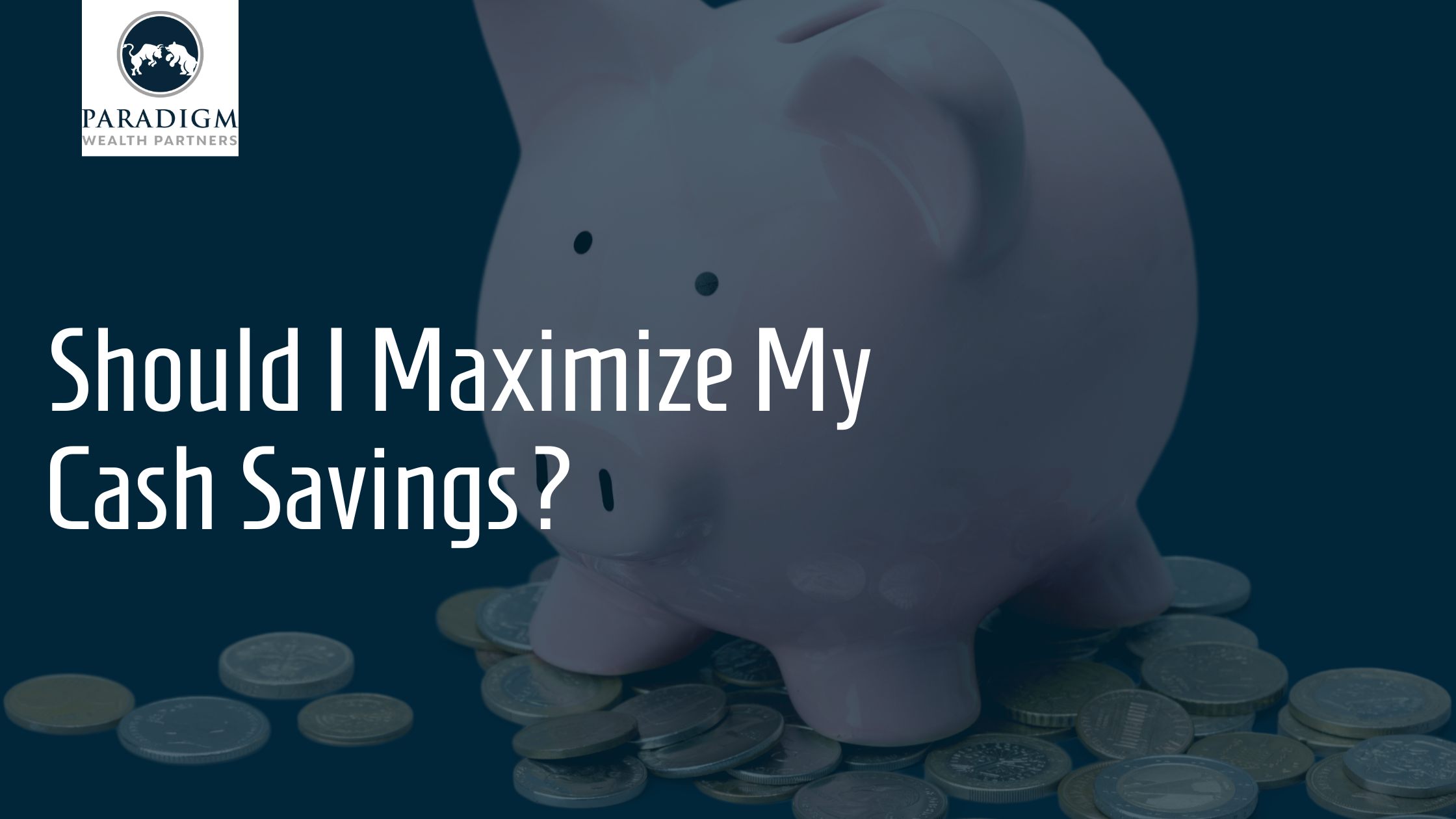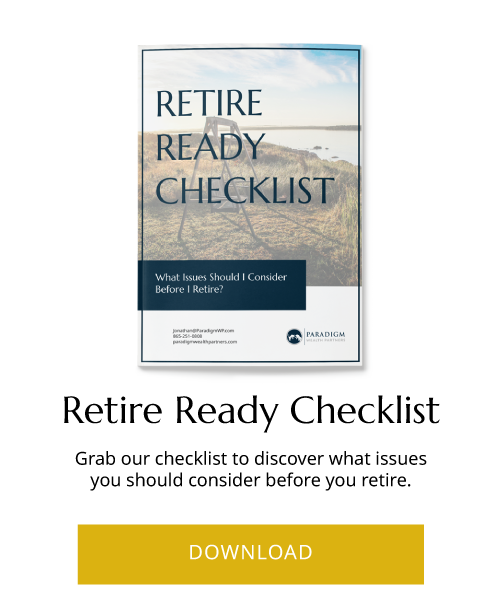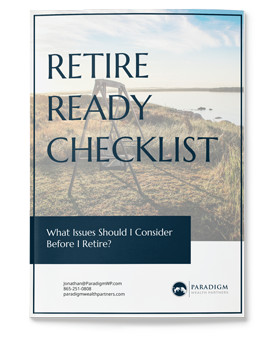Should I Maximize My Cash Savings?
With rising inflation, 6.5% at the time of writing, and interest rates, people are wondering if they should make a move with their emergency funds or savings accounts that are just languishing in a sub-zero interest rate bank account. We’ll take a look at some of the options for maximizing your cash and things to consider before making a decision.
FDIC Insured High Yield Savings Account
At the time of writing, the national average yield for a savings account is a paltry 0.23% APY. With interest at 6.5%, that 0.23% is doing nothing to preserve the spending power of whatever money you have sitting in a bank account.
There are several high-yield savings accounts offering interest rates well above the average of 0.23%, and many of them are online banks. Without the overhead of physical locations and the employees needed to staff them, online banks can offer better interest rates than brick-and-mortar banks.
They often have fewer (sometimes no) nickel-and-dime fees. Lending Club, for example, is currently offering a 4% APY, no monthly fee, excessive transaction fee, overdraft fee, or ATM fee.
This calculator will show you how much interest you can earn by moving some cash to a high-yield savings account.
FDIC-Insured 6-Month CDs
A short-term time horizon for investing purposes is generally considered one to five years. But even one year can be too far into the future to lock up cash. But again, with higher inflation and higher interest rates, it’s hard to let the cash sit.
An FDIC-insured 6-month CD can be a great solution. Currently, several banks offer CDs with rates above 4%, including Popular Direct offering 4.50% with a $10,000 minimum deposit.
This calculator will show you how much interest you can earn by moving some cash to a 6-month CD.
Money Market Fund
A money market fund is a pool of CDs, short-term bonds, and other low-risk investments in a “basket” as a way to diversify the investment and insulate it from risk. Money market funds are liquid, so you can withdraw your money without penalty at any time.
SIPC-insured money market accounts can be purchased through a taxable brokerage account. JP Morgan’s PJLXX is currently yielding around 4% at the time of this writing.
This calculator will show you how much interest you can earn by moving some cash to a money market account.
Series I Savings Bonds
Series I savings bonds are tied to inflation. When inflation rises, the interest rate on the bonds increases, and when inflation falls, the bond’s rate decreases. The bonds can be purchased from the US Treasury Department.
Bond laddering is a strategy to consider. Bond laddering means buying bonds that have different maturity dates as a way to reduce risk.
This calculator will show you how much interest you can earn by moving some cash to I bonds.
Corporate Bonds
Corporate bonds carry more risk than government bonds, but that risk can be mitigated by investing in large, well-established companies. Bonds are typically lower risk than stocks, and if a company were to go bankrupt, bondholders are ahead of stockholders when it comes to getting their money back.
Dividend Investing
Dividends are payments some companies make to shareholders to distribute revenue back to them. Not all stocks pay dividends. They are typically paid by well-established companies that don’t need to reinvest as much of their profits back into the company.
If you have questions about moving your cash or any other aspect of financial planning, we’re here to help! Call and schedule an appointment today.
Things to Consider
Before making any financial move, it’s important to consider your situation.
Automation
Do you have any automated transfers, payments, or direct deposits set up? Moving money can disrupt these transactions, so be sure to make the proper arrangements before moving money, opening, or closing accounts.
Time Horizon
What are the chances that you may need this money in the next six months? If the money you’re considering moving isn’t strictly your emergency fund, maybe it’s a sinking fund or an opportunity fund, it might be easier to leave the money in the bank and avoid the hassle of moving it only to possibly have to move it right back and pay a penalty.
Is it Worth It?
Moving money around can be a hassle, so before deciding, calculate how much extra interest the move will net you. We included some handy calculators to help, or you can do it the old-fashioned way:
Lump sum of cash X The difference in interest rates and subtract taxes on the interest income.
As always, we’re here to help so you can Create The Life You Love.



